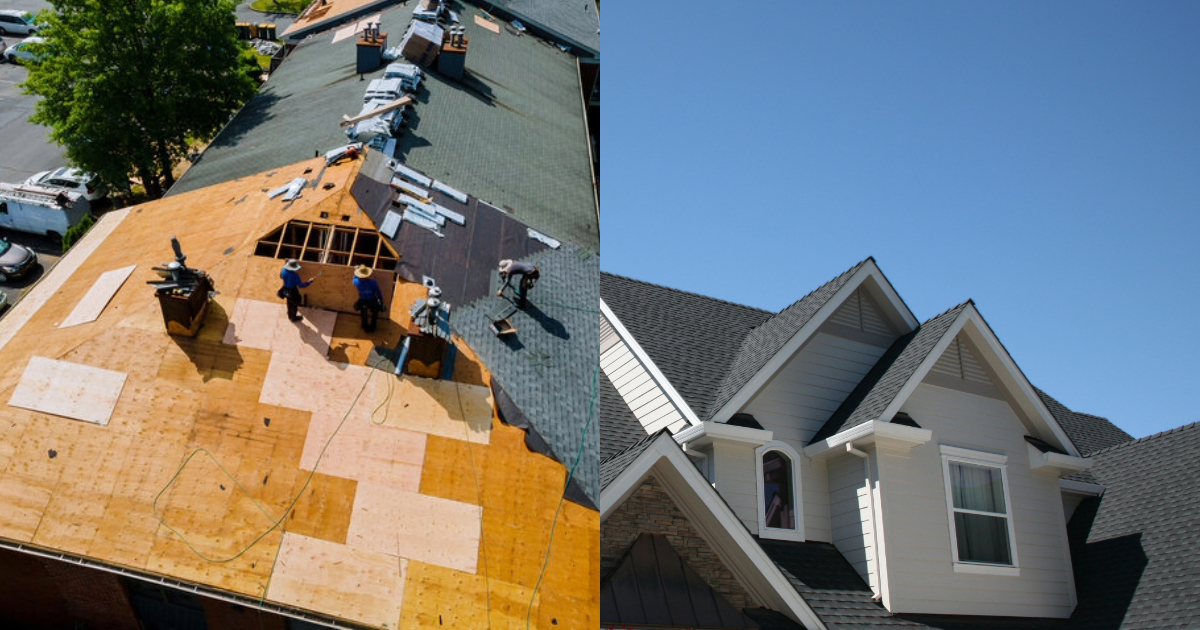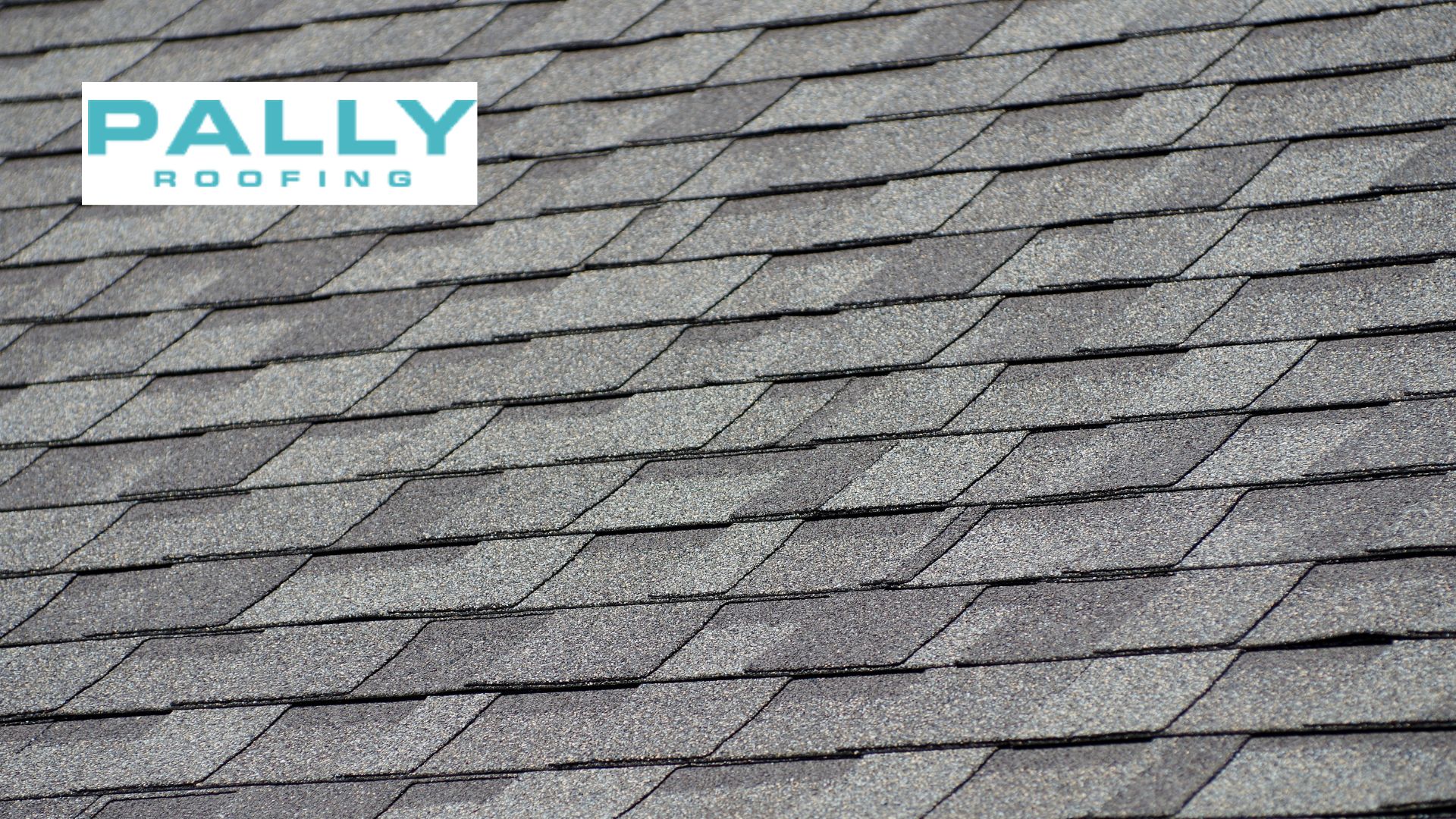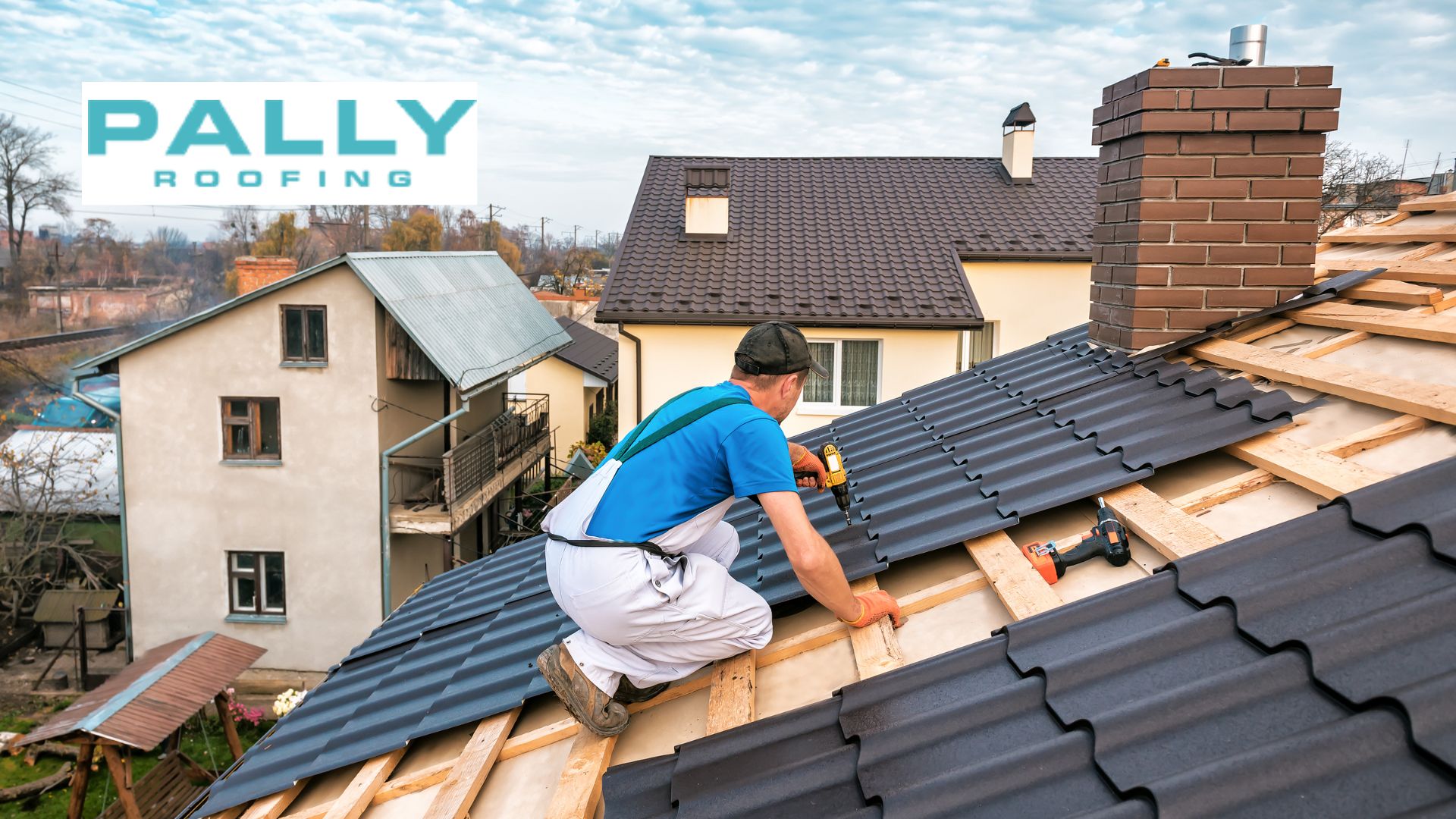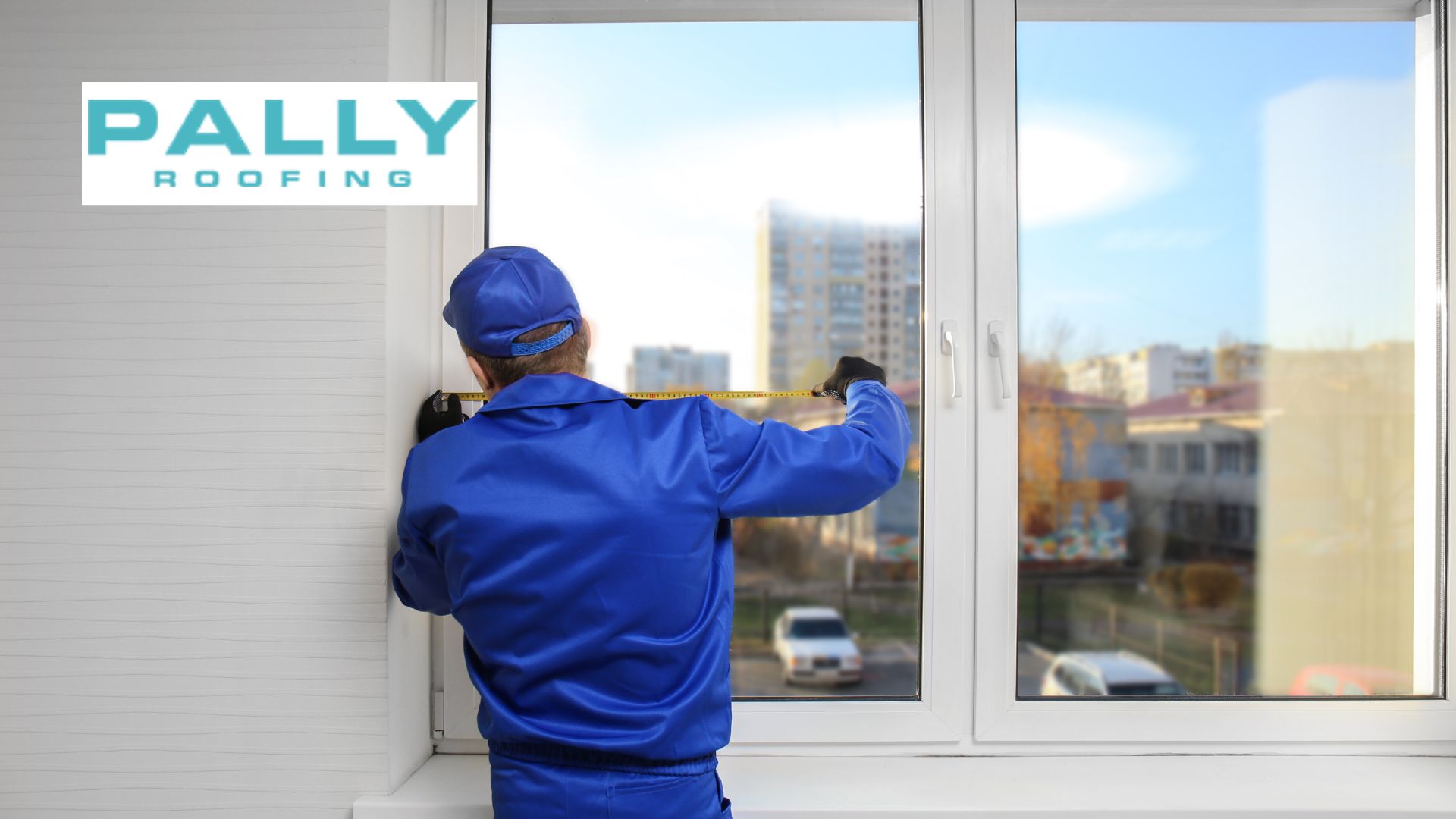Last updated on August 28th, 2024 at 09:25 am
Your roof is the crown of your home, shielding you from the elements and defining your house’s overall aesthetic. But with so many styles, selecting the right roof can feel overwhelming. Two of the most popular options are hip and gable roofs, and understanding their distinctions is crucial for making an informed decision.
Table of Contents
This comprehensive guide, brought to you by Pally Roofing, your trusted roofing solution in Ohio with years of experience, dives deep into the world of hip and gable roofs. Whether you’re searching for “hip vs gable roof,” “gable vs hip roof,” or any variation of this debate, we’ve got you covered.
Here, we’ll discuss each style’s defining characteristics, explore its advantages and disadvantages, and provide valuable factors to consider when choosing a style.
Hip vs Gable Roof
The roof you choose plays a significant role in both the functionality and curb appeal of your home. Here at Pally Roofing, we understand the importance of selecting the perfect style, and that’s why we’re here to shed light on the two most popular options: hip and gable roofs.
The Majestic Hip Roof:
Imagine a pyramid with a flat base resting on your house. That’s the essence of a hip roof! It boasts four symmetrical slopes that gracefully angle downward from a central ridge, meeting the walls at the eaves. This creates a continuous, flowing line from the peak to the overhang, offering a clean and balanced aesthetic.
Here are some critical characteristics of hip roofs:
Visually Appealing: Hip roofs’ symmetrical slopes and lack of vertical walls at the ends make them a timeless and elegant choice for various architectural styles, from ranch houses to Craftsman bungalows.
Superior Wind Resistance: With all sides sloping downward, hip roofs excel in areas prone to strong winds. The design inherently reduces the lifting effect of wind, minimizing the risk of damage.
Excellent Shedding: The multiple slopes effectively shed rain, snow, and debris, making them a practical option for regions with heavy precipitation or snowfall.
The Classic Gable Roof:
This familiar design has been a staple in residential architecture for centuries. It features two opposing roof planes that meet at a ridge, forming a recognizable triangular peak. The difference between gable and hip roof is that unlike hip roofs, gable roofs have vertical walls, known as gables, extending from the eaves to the ridge on both ends. These gables provide additional design opportunities and can be incorporated into features like windows or dormers for extra light and ventilation.
Here’s what defines a gable roof:
Cost-Effective: Due to their more straightforward design, which requires fewer cuts and materials, gable roofs are generally more affordable to install than hip roofs.
Ample Attic Space: The gable ends create a spacious attic area that can be utilized for storage or even converted into a living space, depending on your needs and local building codes.
Ventilation Advantage: Gable ends allow for easy installation of vents, promoting proper air circulation and preventing moisture build-up in the attic.
Advantages and Disadvantages
Choosing the right roof goes beyond aesthetics; it’s about functionality and long-term value for your home. Here at Pally Roofing, we want to empower you with a clear understanding of the pros and cons of both hip and gable roofs.
Hip Roof: A Beacon of Strength and Style
Undeniable Durability: Hip roofs reign supreme in areas prone to strong winds. Their multiple slopes act like wedges, deflecting wind gusts and minimizing the risk of roof damage. This makes them a wise choice for coastal regions or areas with frequent high winds.
Aesthetic Allure: Hip roofs’ symmetrical slopes and clean lines create a timeless and elegant look. This versatility complements various architectural styles, from the classic ranch to the modern craftsman bungalow.
Superior Shedding: A good roof efficiently sheds water, snow, and debris. A hip roof’s design excels in this aspect, allowing precipitation and unwanted materials to slide off, preventing buildup and potential leaks quickly.
While hip roofs offer undeniable advantages, there are a couple of factors to consider:
Cost Consideration: The complex design and increased material requirements of hip roofs generally lead to higher installation costs than gable roofs.
Attic Space Trade-Off: The sloping sides of a hip roof limit the usable attic space compared to a gable roof. This might decide if you envision utilizing the attic for storage or potential future conversion.
Gable Roof: Classic Design, Practical Advantages
Cost-Effective Choice: Because of their more straightforward design requiring fewer cuts and materials, gable roofs are generally more affordable to install than hip roofs. This makes them a budget-friendly option for homeowners.
Spacious Advantage: Gable roofs offer ample attic space due to the vertical walls at the ends. Depending on your needs and local building codes, this unused space can be a valuable asset, serving as a storage area or even being converted into a functional living space.
Ventilation Champion: Gable ends provide a natural opportunity for ventilation. Vents can be easily incorporated into these walls, promoting proper air circulation within the attic and preventing moisture build-up that can lead to problems like mold and mildew.
However, gable roofs also have some limitations:
Wind Vulnerability: In certain regions, the exposed gable ends can be susceptible to strong winds. While proper construction mitigates this risk, it’s something to consider in areas prone to high winds.
Aesthetics (Subjective): While classic and functional, some may find the gable roof style less visually attractive compared to the sleek lines of a hip roof. This is a matter of personal preference.
At Pally Roofing, we understand that making informed decisions about your home is crucial. Our team of experts is here to provide comprehensive consultations that delve deeper into the specifics of hip and gable roofs. We’ll consider your location, architectural style, budget, and desired functionality to guide you toward the perfect roofing solution for your home.
Choosing the Right Roof
Selecting the ideal roof for your home transcends aesthetics; it’s a strategic decision that impacts functionality, durability, and investment. We want to equip you with the crucial factors to consider when choosing between a hip and gable roof.
Climate:
Windy Conditions: A hip roof might be your champion if your area experiences frequent high winds. The multiple slopes effectively deflect wind gusts, minimizing the risk of damage.
Snowfall: Both roof styles can handle snow, but a steeper pitch on either design is ideal for areas with heavy snowfall to prevent accumulation.
Architectural Harmony:
Your roof style should seamlessly blend with your home’s overall design. Here’s a quick guide:
Hip roofs: Their clean lines and symmetrical slopes complement various styles, from ranch to craftsman bungalows.
Gable roofs: Their classic form blends well with traditional and cottage-style houses.
Budgeting for Your Roof:
Hip roofs: Generally more expensive due to the complex design and material requirements.
Gable roofs: A more budget-friendly option due to the more straightforward design.
Attic Needs:
Hip roofs: Limited usable attic space due to the sloping sides.
Gable roofs: Due to the vertical walls, ample attic space is potentially perfect for storage or future conversion (subject to local building codes).
Conclusion
The perfect roof isn’t a one-size-fits-all solution. It should reflect your unique needs, aesthetic preferences, and budgetary constraints. Here at Pally Roofing, we understand that choosing a roof is an important decision. That’s why we offer free consultations with our team of roofing specialists.
Don’t settle for a roof that’s just functional. Let Pally Roofing help you crown your castle with the perfect choice! Contact us today and let our experts guide you toward a roof that will stand the test of time, adding beauty, value, and lasting protection to your dream home.
Author
-

With more than 16 years of hands-on experience, Phillip Schmucker is the knowledgeable owner of Pally Roofing. His dedication to superior roofing services has earned him a reputable place in the industry. Phillip also shares his extensive expertise through writing, providing readers with practical tips and professional advice on various roofing topics. Follow him on LinkedIn.
View all posts









